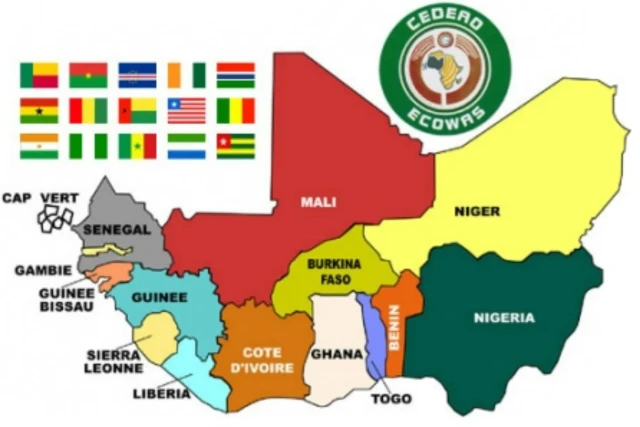The Economic Community of West African States (ECOWAS) has urged its member countries to collaborate in addressing the issue of substance abuse within the subregion.
At a validation workshop for the 2024 Report of the West African Epidemiology Network on Drug Use (WENDU), ECOWAS commissioner for human development and social affairs, Fatou Sarr, represented by Daniel Amankwaah, principal programme officer in the drug prevention and control division, emphasized that ECOWAS has not only sustained the WENDU initiative but has also been enhancing its quality and relevance.
Sarr announced the initiation of a comprehensive WENDU digital platform aimed at creating a centralized system for data entry, access, and analysis by national focal points.
“The creation of this platform highlights ECOWAS’s dedication to reinforcing regional cooperation in the fight against drug abuse and its related effects, leading to enhanced public health and security across West Africa.
The proposed platform is set to be a secure, efficient, and user-friendly system that meets various user needs, enabling a more coordinated and effective regional approach to drug-related matters.
Furthermore, this year marks the 50th Anniversary of ECOWAS, and as part of the celebrations, we are pleased to announce that the Commission is preparing a documentary focused on drug prevention and control in West Africa,” she stated.
The commissioner stressed that a reliable WENDU report is vital for enhancing evidence-based drug prevention and control efforts at both national and regional levels. She underscored the importance of collecting, compiling, and validating WENDU data before its publication.
The workshop is also set to enhance the capacity of WENDU focal points to gather, compile, analyze, and disseminate drug-related data by training them on new data collection methods.
“I assure you that the ECOWAS Commission is fully committed and will continue to collaborate with all Member States and partners to effectively manage the drug problem. Together, we can achieve success,” she added.
Henrietta Bakura-Onyeneke, director of the narcotics and drug abuse division in Nigeria's ministry of health, also spoke, highlighting the need for renewed commitment and collective efforts to tackle drug abuse and trafficking in the region.
She noted that the challenges presented by substance use disorders, which are linked to poverty, crime, public health issues, and social exclusion, significantly hinder West Africa's progress and stability.
“Establishing strong and coordinated national systems for surveillance and reporting is crucial for shaping drug prevention and control strategies in ECOWAS Member States.
This is not merely a technical task; it is a call to action, a regional necessity to safeguard our communities' health, security, and welfare. Let us take this chance to cooperate, learn, and strengthen our collective commitment to addressing substance use and illegal drug trafficking across ECOWAS,” she stated.
Alves Jorge, head of ECOWAS's social affairs division, added that drug abuse represents a serious challenge requiring everyone’s involvement to tackle it.
He mentioned that WENDU symbolizes a collective determination to confront this issue head-on. Established nine years ago, WENDU aims to tackle the social, health, and economic consequences of drug use by implementing localized sentinel surveillance networks.
The three-day workshop focuses on enhancing the capabilities of WENDU focal points in the collection, compilation, analysis, and dissemination of drug-related data through training on new data collection tools.
It also seeks to validate the regional WENDU report based on data submitted by National Focal Points (NFPs) regarding drug offenses and foster inter-agency cooperation to strengthen mechanisms for real-time information sharing among focal points.
National focal points from ECOWAS member states and representatives from relevant directorates of the ECOWAS Commission participated in the workshop.




















